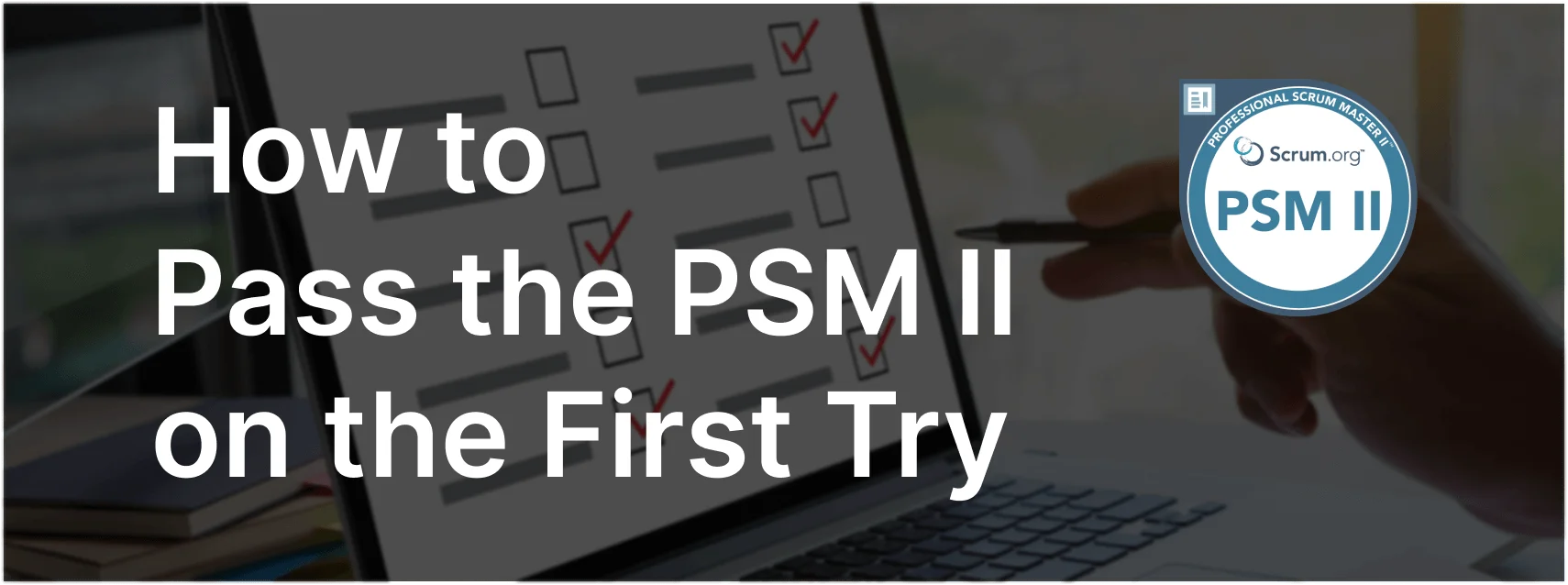Addressing Technical Debt and Meeting Product Expectations in Scrum
In Scrum, it is crucial for teams to address technical debt and continuously meet product expectations through effective collaboration and transparency. This article explores a specific exam question about handling technical debt and stakeholder expectations, providing detailed explanations and insights relevant to the PSM II exam.
Exam Question
At the ninth Sprint Retrospective, the Product Owner is very disappointed and angry. She has determined that the technical debt has increased, and the product is not meeting her expectations. The product will need a few more Sprints to meet the scalability requirements. Which of the following could be true? Select the best response. (choose the best answer)
- A. The Scrum Team has not used the past Sprint Retrospectives effectively to inspect and adapt.
- B. The Developers have not been paying enough attention to quality.
- C. The Scrum Team is not having conversations around technical debt.
- D. The Scrum Master has not ensured that the Scrum Team is being transparent.
- E. All of the above.
- F. None of the above.
Correct Answer
E. All of the above.
Explanation
Correct Answer
E. All of the above: This response is the best answer because it encompasses multiple potential issues that could contribute to the current situation. Let’s break down why each point is relevant:
A. The Scrum Team has not used the past Sprint Retrospectives effectively to inspect and adapt: Sprint Retrospectives are critical for identifying and addressing issues, including technical debt. If the team has not effectively used these opportunities, ongoing problems may not have been addressed, leading to increased technical debt and unmet product expectations.
B. The Developers have not been paying enough attention to quality: Quality should be a priority in every Sprint. If the Developers have neglected quality, it can result in increased technical debt and a product that does not meet the required standards or expectations.
C. The Scrum Team is not having conversations around technical debt: Regular discussions about technical debt are essential to manage and mitigate it. If the team is not addressing technical debt, it will accumulate and hinder the product’s scalability and overall quality.
D. The Scrum Master has not ensured that the Scrum Team is being transparent: Transparency is a core Scrum value. The Scrum Master is responsible for ensuring that the team is transparent about their progress, challenges, and technical debt. Without transparency, issues can go unnoticed and unresolved.
Responsibilities in Scrum
- Product Owner: The Product Owner is responsible for managing the Product Backlog and ensuring that the product delivers value. They collaborate with the Scrum Team to prioritize work and address any concerns, including technical debt.
- Scrum Master: The Scrum Master facilitates collaboration, ensures adherence to Scrum practices, and supports the team in being transparent and addressing technical debt. They also help the team use Sprint Retrospectives effectively to improve processes and product quality.
- Developers: Developers are responsible for delivering high-quality increments and managing technical debt. They collaborate with the Product Owner and Scrum Master to prioritize and address technical debt and ensure the product meets expectations.
Relevance to the PSM II Exam
Understanding how to manage technical debt and ensure product quality is crucial for the PSM II exam. It demonstrates advanced knowledge of Scrum principles and the role of the Scrum Team in delivering high-quality products. Mastering this concept ensures that Scrum Masters can guide their teams in maintaining high-quality standards and meeting stakeholder expectations.
Key Takeaways
- Effective use of Sprint Retrospectives is crucial for identifying and addressing issues, including technical debt.
- Maintaining a focus on quality is essential to prevent technical debt and meet product expectations.
- Regular conversations around technical debt are necessary to manage and mitigate it.
- Transparency within the Scrum Team ensures that issues are identified and addressed promptly.
Conclusion
Managing technical debt and ensuring product quality requires effective collaboration, transparency, and continuous improvement. By using Sprint Retrospectives effectively, maintaining a focus on quality, and addressing technical debt, the Scrum Team can meet product expectations and deliver valuable increments. Understanding these principles is crucial for effective Scrum implementation and success in the PSM II exam. For comprehensive preparation and practice exams, check out PSM II Exam Prep to enhance your understanding and application of Scrum principles.



